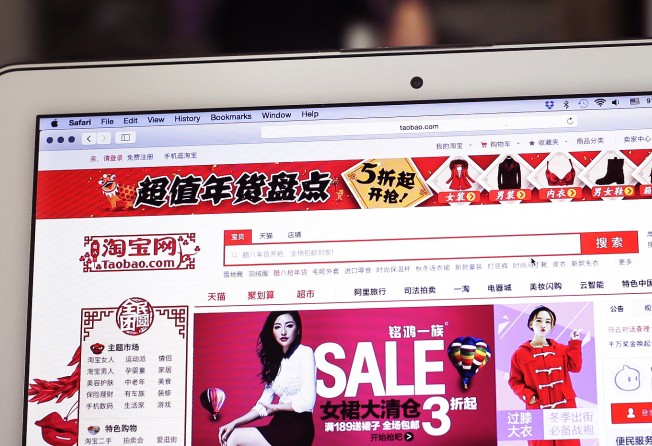China must push hard on reforms if it wants e-commerce to thrive

Premier Li Keqiang is counting on the internet to drive China's economy. Exports, infrastructure investment and consumption, growth engines of the past, have either stalled or faltered. The nation's e-commerce giants are bringing in ever-bigger profits, though, and with 649 million online users, the industry has huge potential. It is a strategy that, in sheer numbers alone, appears a certain winner.
Li has tagged the approach Internet Plus, describing it in his last government work report as integration of "the mobile internet, cloud computing, big data and the internet of things with modern manufacturing to encourage the healthy development of e-commerce". The objective is to push technology and innovation, perceived as the future of economic development. In doing so, it is hoped vitality will be brought to traditional businesses. The examples of e-commerce leader Alibaba, search engine Baidu and social media giant Tencent offer inspiration; research company IDC expects e-commerce turnover to hit US$650 billion by 2020, equivalent to the current combined online shopping market of the US, Japan, Britain, France and Germany.
The top of China's rich list is dominated by internet entrepreneurs. But their success has in part been due to the government's "Great Firewall" censorship, which has blocked access to foreign competitors like Facebook, Google and Twitter. Slow broadband speeds, not helped by the filtering of material authorities consider threatening or harmful, and narrow bandwidths, makes for a frustrating internet experience - a major gripe of businesspeople and residents.
But there are other roadblocks to dreams of the nation becoming a cyberpower through technological innovation and entrepreneurship. Li has grown increasingly frustrated and angry with the bureaucratic red tape that is holding up projects, a point he raised during a recent visit to the Beijing district of Zhongguancun, often referred to as China's Silicon Valley. There is also the dominance of the state in the economy, with state-owned banks controlling financial resources and state-run enterprises being given generous subsidies. That has inevitably led to an uneven playing field for start-ups.
Reforms are key if the leadership's wish for the label "Made in China" is to become "Created in China". E-commerce gives a chance for internet start-ups, usually privately owned, to compete on the same level as state-run enterprises.